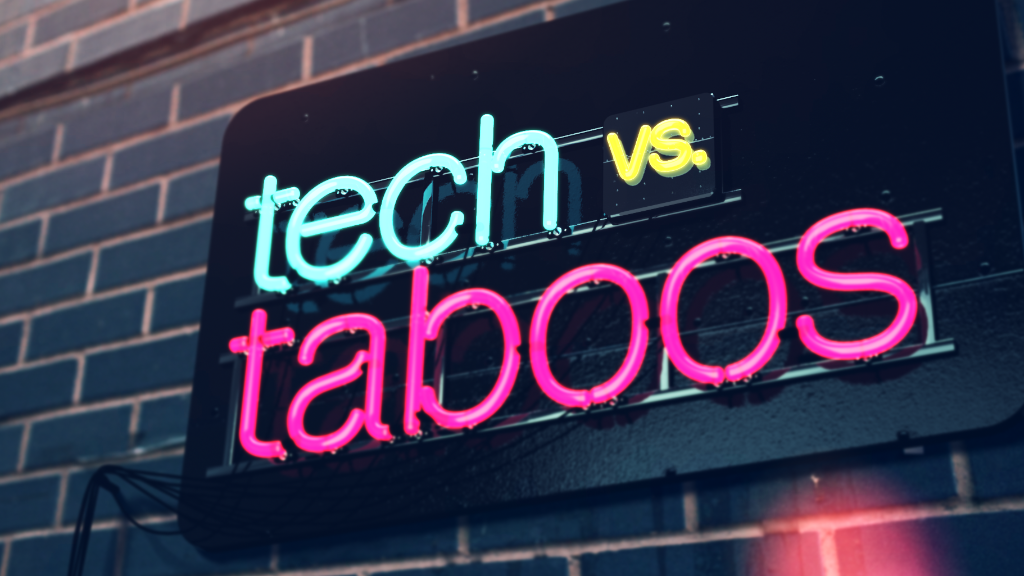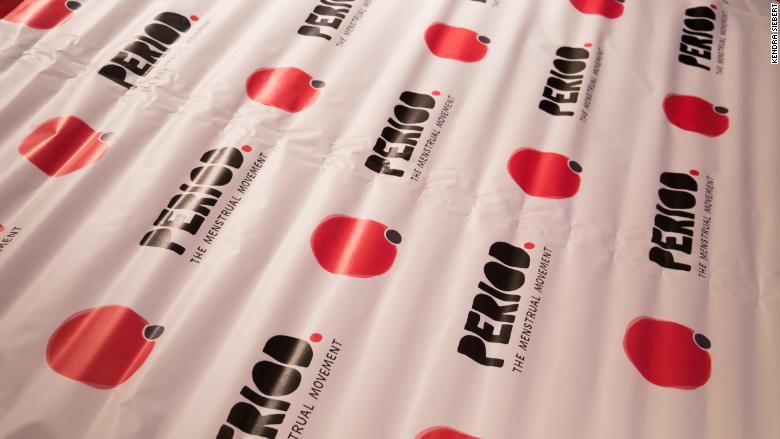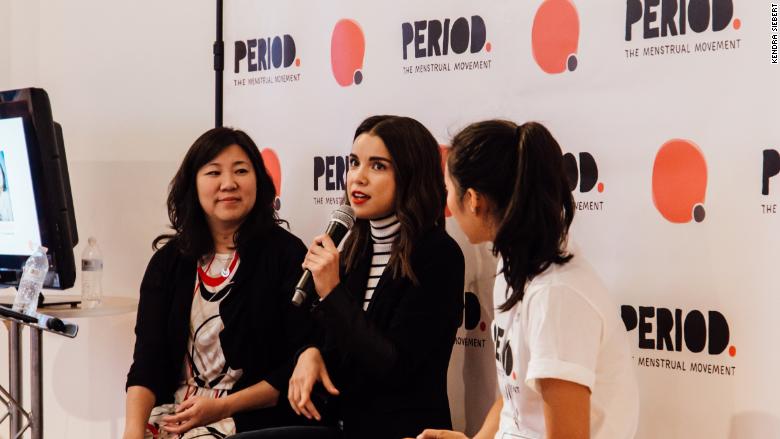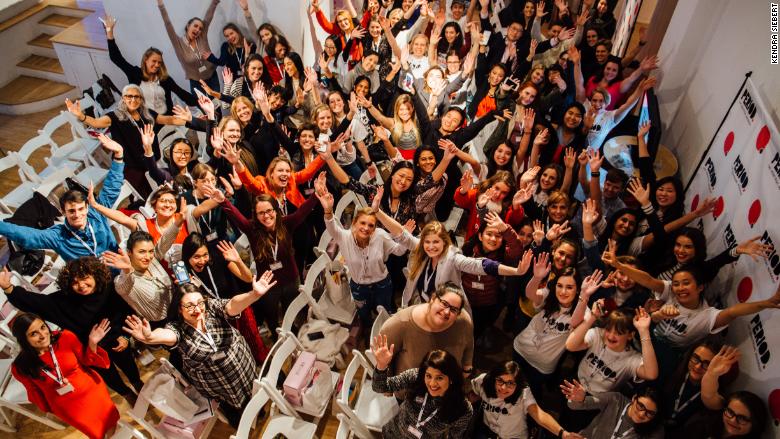
It was an end befitting the first Period Con: a congresswoman and a YouTube star shared stories about the first time they menstruated.
"I read 'Are you there, God? It's me, Margaret' by Judy Blume," said congresswoman Grace Meng, who represents Queens, New York. "I think that's what informed me. So when I first got my period, I wasn't scared or didn't know what was happening to me."
Period Con, held in New York City last month, featured workshops and panels on various menstruation topics, from universalizing access to supplies in the workplace to dispelling the myth periods are dirty or "unhygienic."
Meng and YouTube personality Ingrid Nilsen represent two types of so-called period activists.
One is an advocate breaking conversational taboos about menstruation.
Nilsen creates videos such as "What Should You Use for Your Period?" and "Your Vagina Matters" for her more than 1 million followers. She famously asked President Obama for his thoughts on the tampon tax.
The other is a lawmaker pushing for systemic change. Meng has used her position to push for free menstrual products in jails and homeless shelters in New York City. She also introduced federal menstrual equity legislation earlier this year.
Related: Men's health gets the Silicon Valley treatment

Meng said she attributed her initial involvement in the movement to a high school student who wrote her a letter about the lack of menstruation products at homeless shelters.
"She educated me. It seems like such common sense, but maybe if she hadn't written to me or if you hadn't told your friend about this problem, it might not have been fixed," Meng told attendees.
Period Con is the brainchild of Nadya Okamoto, a 19-year-old Harvard University student. She's also the cofounder of Period, a youth-run global nonprofit that provides menstrual products to those in need.
At age 16, Okamoto saw first hand the lack of access to menstrual supplies for the homeless. Homeless herself for a period of time, Okamoto said some people resort to using unsanitary methods such as socks, toilet paper or brown paper bags. That can lead to health issues.
Since founding Period in 2014, the organization has given out 190,000 "period packs" of supplies with the help of sponsors like U by Kotex, DivaCup and Lunette Cup.
About five months ago, she had the idea for Period Con. It came as a way to "unify" members across the nonprofit's 130 university chapters in the U.S. She wanted to get the young activists together with academics, entrepreneurs, and thought leaders.

For Okamoto, Period Con was the next step to proving the legitimacy of the organization.
"Sometimes I am asked, 'Is your mom helping you with this?'" Okamoto told CNNMoney. "We were experiencing quite a lot of ageism, even with older activists. People would ask for the adults running the organization. We had to prove our potential."
In addition to finishing up college and running Period, Okamoto is writing a book about the menstruation movement. It's set to be published by Simon & Schuster in Fall 2018.
Related: Period underwear brand Thinx names new CEO after HR issues

The event's panels also touched on how brand marketing of period products often reinforce the gender binary. Some activists called on period brands to be mindful of packaging and language used so it is instead reflective of all people who menstruate, including some transgender people.
While it's clear that there's a lot of room for progress, keynote speaker Carinne Chambers-Saini -- cofounder of DivaCup, a tampon alternative -- addressed how far the conversation has come.
"In 2017, a woman founding a company devoted to menstrual alternatives is described as brilliant," she told attendees. "But as little as 10 years ago, we were described as insane."

